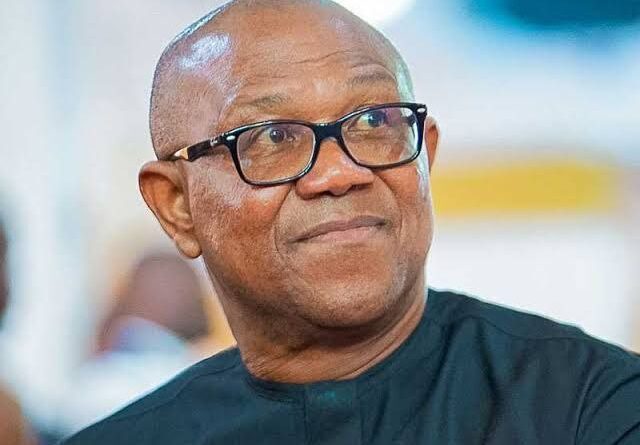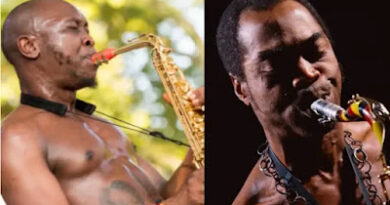Peter Obi’s Strong Views on Marriage and Nation Building
In a recent conversation on The Honest Bunch podcast, Labour Party Presidential Candidate and former Governor of Anambra State, Peter Obi, opened up about his unwavering loyalty to his wife, Margaret Usen, with whom he has been married for 32 years. He stated firmly that divorce would never be an option for him, even under extreme circumstances. Obi explained that his commitment to his wife was lifelong, emphasizing that even if she acted in a way that might be seen as unfavorable, he would not leave her or seek to marry someone else. He described his marriage as “sealed,” expressing that he would stay with her no matter what.
Obi illustrated his dedication by saying that even if his wife were unfaithful, it would not change his commitment to their union. He remarked that their differences in lifestyle were irrelevant to his feelings for her, highlighting an example from their travels. Often, Margaret flies in business or first class while Obi stays in the economy section, yet this arrangement does not bother him. To him, such differences have no bearing on his devotion to his wife. The couple shares two children, Gabrielle Nwamaka and Oseloka Obi.
This interview sparked considerable public interest, as Obi also discussed broader societal issues in Nigeria. He touched on the country’s focus on religion and politics at the expense of economic progress. According to Obi, the nation’s obsession with religious gatherings and political activities has contributed to poverty and a lack of productivity. He proposed an alternative approach where people could spend more time working instead of attending night vigils. Obi stressed that while he is a believer and attends church, the balance between worship and work needs to be reevaluated for greater national productivity.
Obi’s statement that “faith without works is unhelpful” resonated with many, yet drew criticism from some Nigerians who felt it undermined religious practices. To clarify his stance, Obi’s media aide, Ibrahim Umar, responded by saying that Obi’s comments were misinterpreted. Umar emphasized that Obi respects all religions and was merely illustrating how faith should inspire action. He pointed out that Jesus chose his disciples from workplaces, not prayer grounds, underscoring that faith should lead to productive endeavors.
Obi’s interview aimed to encourage a shift in mindset, advocating that prayer and hard work should coexist. He referenced the biblical teachings of Apostle James, which highlight that true faith is demonstrated through action. Umar’s clarification reiterated that Obi’s remarks were meant to inspire Nigerians to integrate their faith with their work life to achieve tangible results. Obi’s vision is for a country where people worship God but also contribute actively to the nation’s development.
The discussion has fueled debates on the balance between religious devotion and economic productivity in Nigeria. Obi’s approach, which calls for prioritizing work alongside worship, has both supporters and critics. Some appreciate his push for a more productive society, while others feel that it challenges long-standing religious traditions. Despite the mixed reactions, Obi remains steadfast in his belief that Nigeria needs to rethink its priorities to overcome poverty and foster growth.








